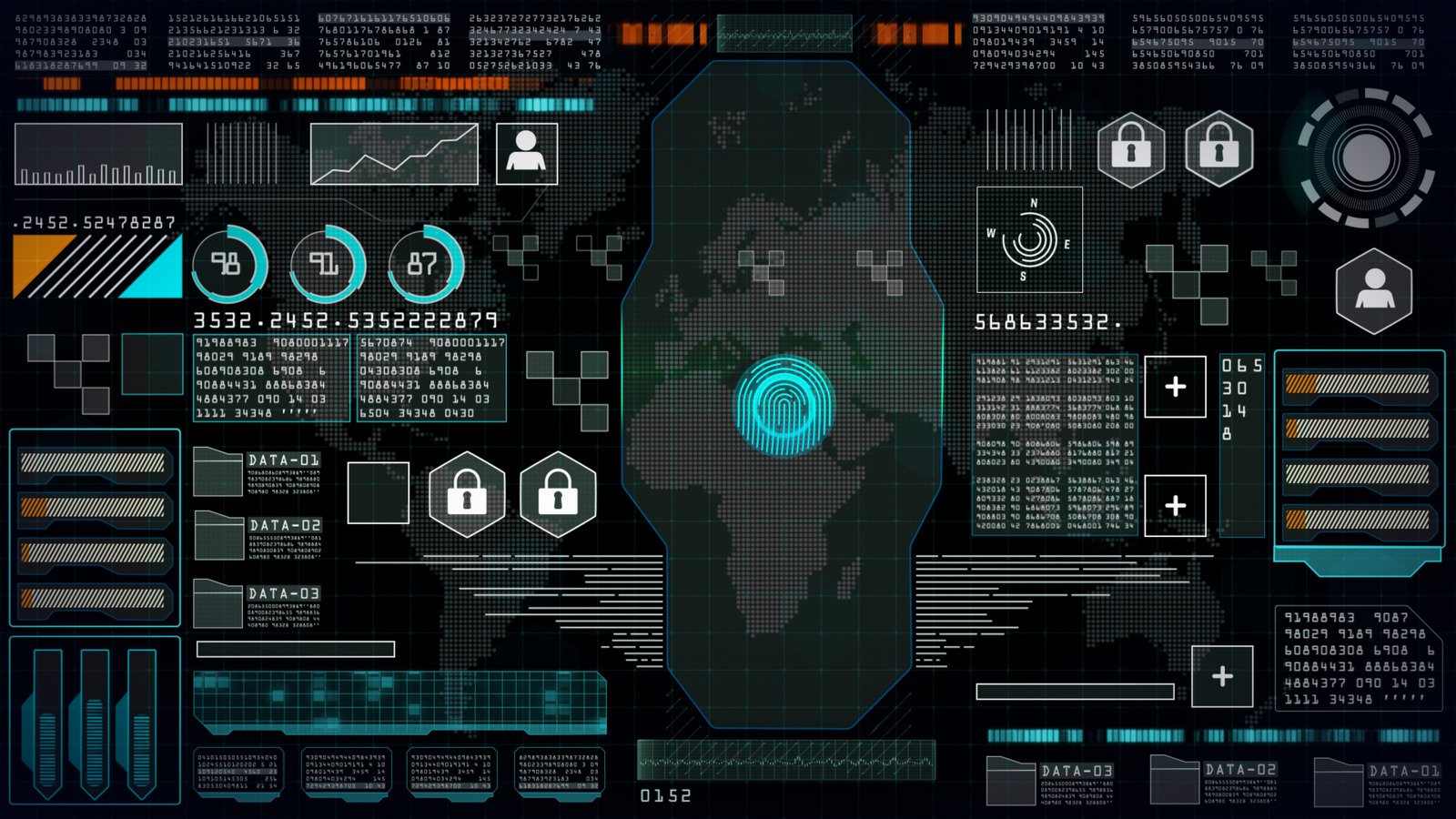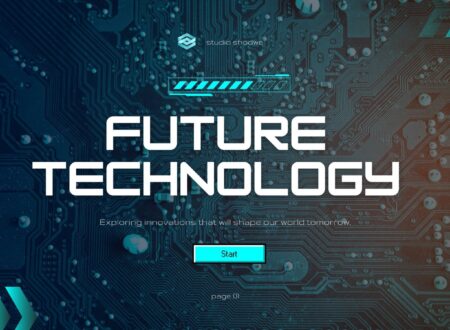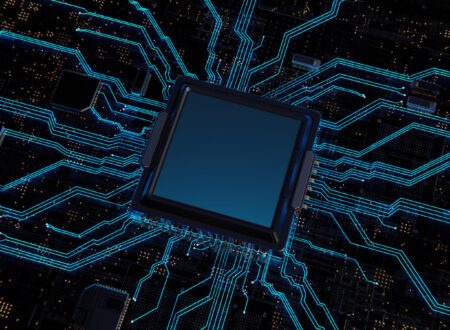Technology moves fast—so fast that what felt futuristic just a year ago may already be mainstream today. From AI-generated art to virtual workspaces and smart everything, the digital world is evolving at a pace that’s hard to keep up with.
So, what’s next?
In this blog, we’ll explore the biggest tech trends shaping our digital future, where innovation is headed, and how these changes could impact your everyday life—whether you’re a tech enthusiast, a business owner, or just a curious user.
1. Artificial Intelligence (AI) Goes Mainstream
AI is no longer just powering search engines and voice assistants—it’s everywhere. In 2024 and beyond, AI is becoming increasingly personal, intelligent, and creative.
What’s Trending:
- Generative AI (like ChatGPT and DALL·E) is transforming how we write, design, and even code.
- AI copilots are being built into software like Microsoft 365 and Adobe Creative Suite to assist users in real-time.
- Personal AI assistants are starting to learn your habits, preferences, and needs to offer proactive support.
Expect AI to become a staple in healthcare diagnostics, education personalization, customer service, and more.
2. The Rise of Spatial Computing
Spatial computing combines digital and physical spaces through augmented reality (AR), virtual reality (VR), and mixed reality (MR). With the release of more advanced headsets like Apple Vision Pro and Meta Quest 3, immersive computing is gaining traction.
Applications to Watch:
- Virtual meetings and workspaces that replicate physical collaboration.
- AR navigation and information overlays for real-world interaction.
- Training simulations in healthcare, aviation, and manufacturing.
Spatial computing is set to redefine how we learn, shop, design, and interact with content.
3. Quantum Computing Is Getting Closer
Quantum computing has long been the holy grail of computing—capable of solving complex problems that today’s most powerful computers can’t touch. While still in the early stages, 2025 could be the year we see more accessible, real-world use cases emerge.
Why It Matters:
- Drug discovery and climate modeling could be accelerated dramatically.
- Financial modeling and cryptography could be revolutionized.
- Companies like IBM, Google, and startups like IonQ are making breakthroughs.
It won’t replace classical computing soon, but it will change the game in very specific fields.
4. Blockchain Beyond Crypto
Cryptocurrency may have dominated the headlines, but blockchain has far more to offer than just Bitcoin. In fact, blockchain technology is gaining ground in industries far removed from finance.
Future Use Cases:
- Supply chain transparency (e.g., tracking food from farm to fork).
- Smart contracts for real estate, insurance, and law.
- Digital identity and credential verification.
With more focus on real utility, blockchain is becoming a secure, transparent foundation for digital trust.
5. Cybersecurity Becomes Even More Crucial
As digital systems grow more complex, so do the risks. Cyberattacks, data breaches, and ransomware are not just IT problems—they’re business, political, and personal issues.
What’s Changing:
- Zero-trust architecture is becoming the new security standard.
- AI-driven threat detection helps identify unusual activity before it escalates.
- Privacy-enhancing technologies (PETs) allow data sharing without compromising personal information.
Businesses and individuals alike need to stay informed and proactive about their digital safety.
6. Green Tech and Sustainable Innovation
Sustainability isn’t just a lifestyle—it’s a tech priority. As the climate crisis intensifies, innovation is stepping up with environmentally conscious solutions.
Notable Trends:
- Clean energy tech like solar panels, energy storage, and grid optimization.
- Smart buildings that reduce energy consumption.
- Circular design in electronics—building products that are easier to recycle or reuse.
Expect tech companies to double down on reducing carbon footprints and building climate-resilient tools.
7. The Next Generation of the Internet: Web3
Web3 promises a decentralized internet where users have more control over their data and interactions. While still controversial and evolving, it’s gaining momentum.
Key Components:
- Decentralized apps (dApps) powered by blockchain.
- Token-based economies that reward users directly.
- Ownership of digital assets (like NFTs and virtual real estate).
While there’s plenty of skepticism, Web3 advocates believe it can give power back to users and creators, rather than tech giants.
8. 5G and Beyond
The rollout of 5G continues globally, offering lightning-fast speeds and ultra-low latency. But what’s really exciting is what it enables:
Tech Powered by 5G:
- Autonomous vehicles communicating with infrastructure in real time.
- Remote surgeries performed with robotic precision.
- Cloud gaming and AR experiences that don’t lag.
As 6G development begins, we’re heading toward an always-connected world that’s faster and smarter than ever before.
9. Human-Tech Interfaces: Wearables and Brain-Computer Tech
Technology is getting closer to our bodies—and even our minds.
Examples:
- Smart wearables like fitness trackers, smart rings, and AR glasses.
- Brain-computer interfaces (BCIs) are being tested to help paralyzed individuals control devices using thought alone.
- Biohacking and personalized health tech will expand as data collection becomes more precise.
This fusion of biology and technology could redefine healthcare, communication, and even the way we think.
Final Thoughts
From AI and spatial computing to green tech and Web3, the digital world is evolving rapidly—and these innovations are more than buzzwords. They’re building blocks for the future of how we live, work, communicate, and connect.
While it’s impossible to predict exactly where every trend will lead, one thing is clear: the future isn’t just digital—it’s intelligent, immersive, and interconnected. Whether you’re a developer, business leader, or curious observer, staying ahead of these trends is key to thriving in tomorrow’s world.





